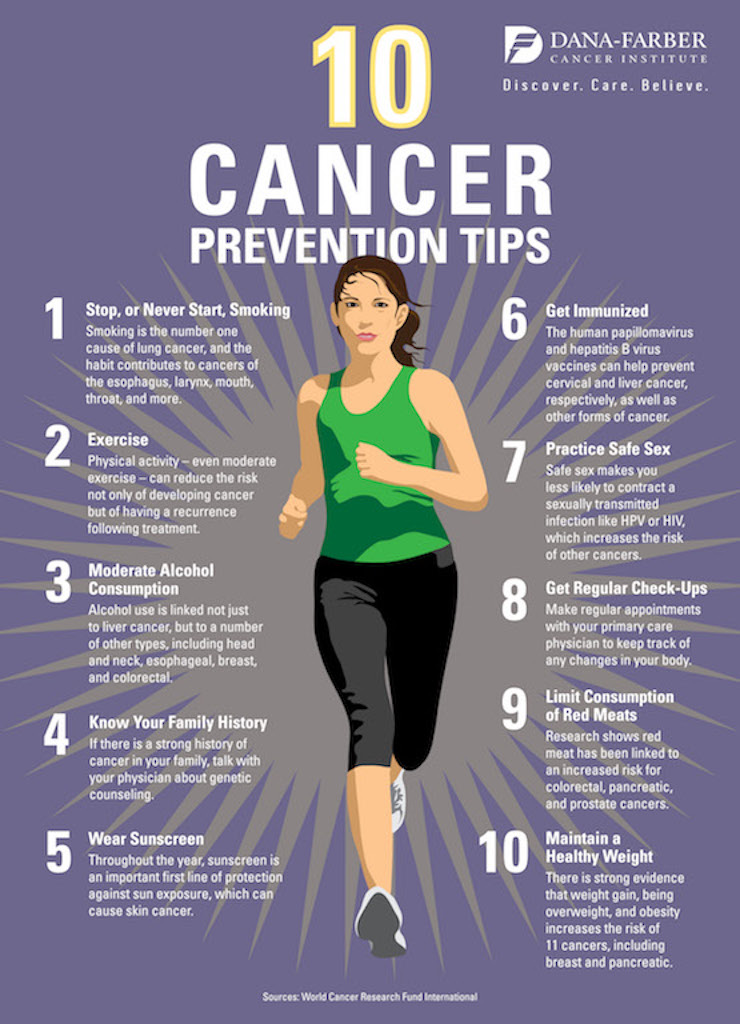"I totally disagree with the premise that people must actually have a disease to understand or help those with the disease. Sensitivity is a wonderful characteristic and we hope that our care givers have it. But expertise, with or without sensitivity, is invaluable,and may spell the difference between survival or not."
I disagree with this statement and wanted to clarify my position on this point.
There is nothing wrong with sensitivity or expertise. We hope that our medical professionals have these qualifications. But the point of my statements is that what medical professionals, who do not have personal experience with the ailment they are treating, lack is the understanding of what a patient is going through.
What is the patient going through when someone says 'you have___' (fill in the blank with the nastiest ailment you can think of). Their life probably just completely turned upside down. They have no idea of what treatment protocol they are facing. They are concerned about their finances. They are concerned if they will still be able to work. They are concerned if they are going to live.
Then they are here are some tests you need. And you get to wait for the results. How long? 'Oh, a few days maybe. We'll call you as soon they come in.' (Unless of course we forget to call you and you have to wait a bit longer.) Will we call you before the weekend so you aren't stuck in limbo for two more days? No promises there.
And that test we sent you to? Oh, it won't hurt. You will only feel a pinch (that is what they told us to say but we aren't really sure because we haven't had this on ourselves).
Side effects? Here's the list of what we are allowed to say. 'Some patients feel nauseous. If it lasts longer than 48 hours or you really can't keep anything down, call us for more meds.' (Unless its the weekend or after 5pm....)
Thank you for your sensitivity and expertise but sometimes its not enough.
